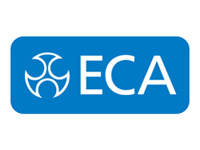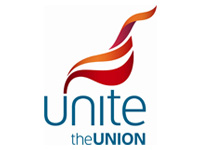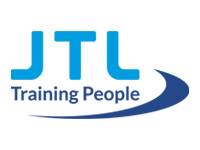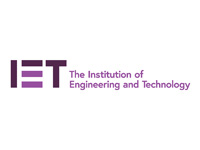The Government set out its 2023-2024 programme of legislation in the King’s Speech at the Opening of Parliament on 7th November. The speech and accompanying briefing document announced a raft of Bills aimed at ‘Growing the Economy’, ‘Strengthening Society’ and ‘Keeping People Safe’.
The proposed changes to the law are unlikely to have an immediate impact on the electrotechnical sector and the announcements offer a mixed picture in terms of the key areas for investment and strategic direction.
Energy
The Offshore Petroleum Licensing Bill will support new oil and gas fields. At the same time as this expansion for fossil fuels, the Government stated it will seek investment into renewable energy and for the ongoing work to reform grid connections. The Net Zero 2050 targets remain a legally binding commitment and this conflicting picture does not give the clarity needed.
Louise Hutchins, Head of Policy and Public Affairs at UK Green Building Council, commented: “The Government claimed to set out an agenda to tackle the long-term challenges facing the UK, yet introduced no legislation or proposals to address the catastrophic levels of energy waste from homes and buildings that are fuelling the cost of living and climate crises.”
Transport and infrastructure
The Automated Vehicles Bill aims to make companies accountable for the safety of self-driving vehicles and to set a clear regulatory framework to encourage growth in the sector. This may lend weight to calls to improve the electric vehicle charging infrastructure in the UK. Upskilling qualified electricians in this area will be essential in order to avoid the safety and competence issues that can arise from quick entry routes and short courses.
The Draft Rail Reform Bill seeks to establish Great British Railways as the body accountable for performance and to incentivise the private sector to bring innovation and investment to industry. The intention is to boost passenger revenue and expand rail freight.
Skills and training
The Government took the opportunity to reiterate its commitment to the Advanced British Standard which brings technical and academic routes into a single qualification. It also confirmed that it will direct young people away from studying poor quality university degrees and towards high quality apprenticeships. This appears a positive step towards encouraging more entrants into the sector. However, the employer places needed to support apprenticeships, T Levels and other technical qualifications remain limited, which continues to hinder this industry from becoming a career of choice for all.
Housing
The Leasehold and Freehold Bill makes it easier for leaseholders to buy the freehold or extend their lease. It also ensures that measures, introduced by the Building Safety Act 2022, work as intended and that freeholders and developers meet their liabilities to fund remediation work.
Brian Berry, Chief Executive of the Federation of Master Builders (FMB), gave his view:
“It is disappointing that that there was nothing of note in the King’s Speech to address the alarming decline in housebuilding rates across the country or any new plans to improve the nation’s draughty and leaky homes. More encouraging is the Government’s lead to improve the quality of technical education in this country with its focus on enhancing skills and vocational training.”
Jay Parmar, JIB CEO, explained why more clarity on training and sustainability is essential: “As we navigate the complexities of legislative changes, it’s crucial for the Government to provide clear direction on supporting vocational education. Achieving our net zero targets in the UK demands a skilled and competent workforce, and a focused commitment to clarity in legislation will empower industries to drive sustainable innovation and contribute meaningfully to a greener future.”







